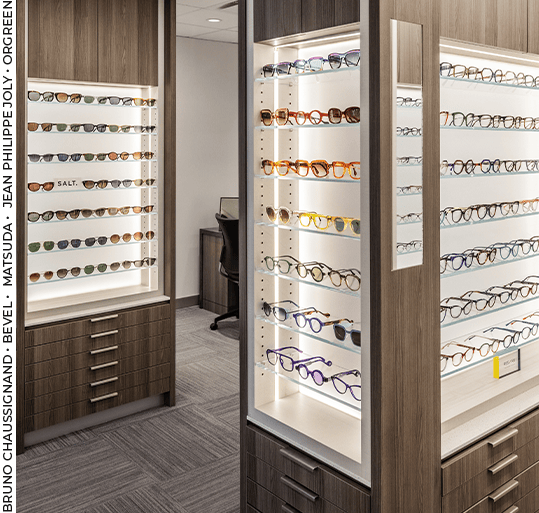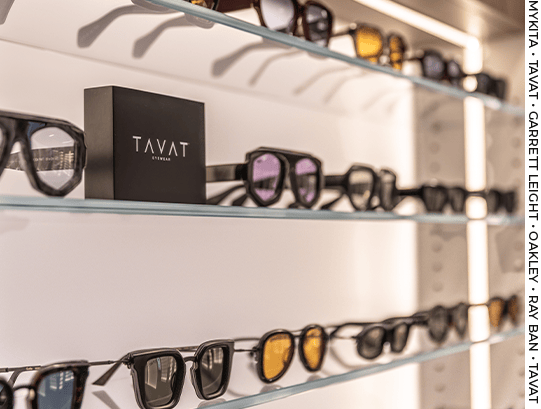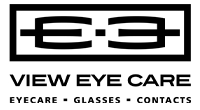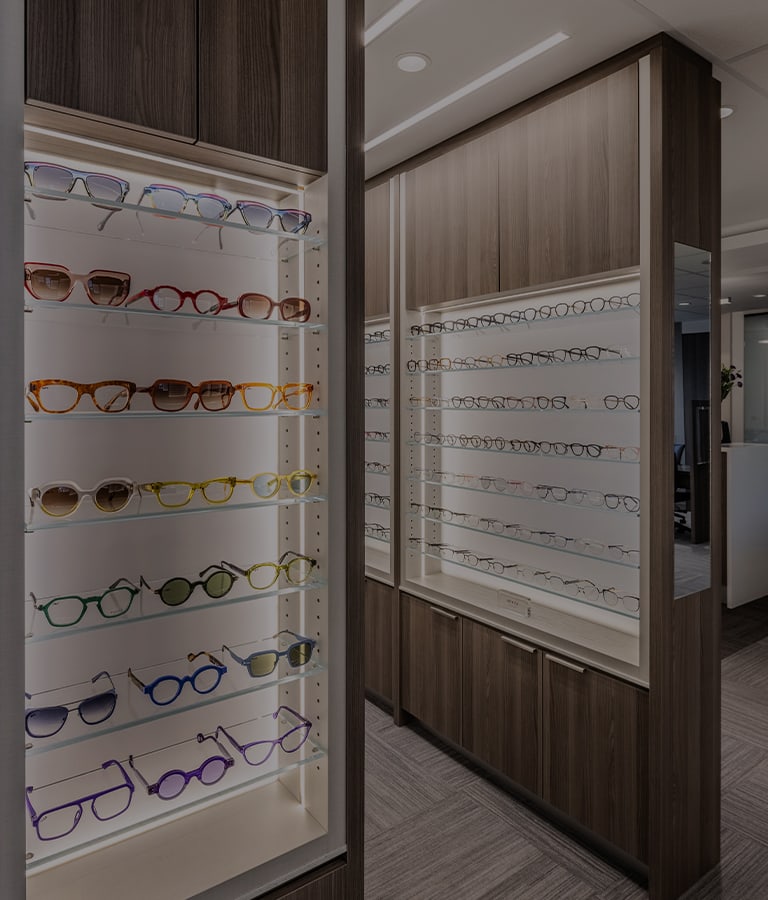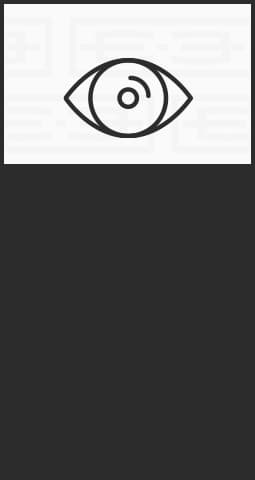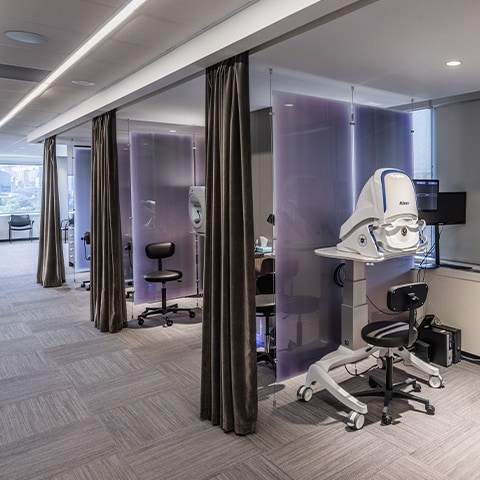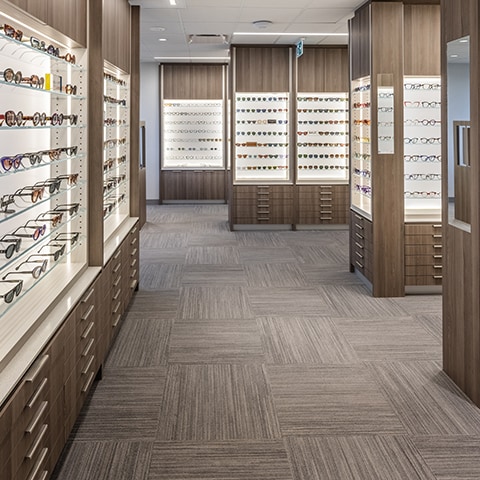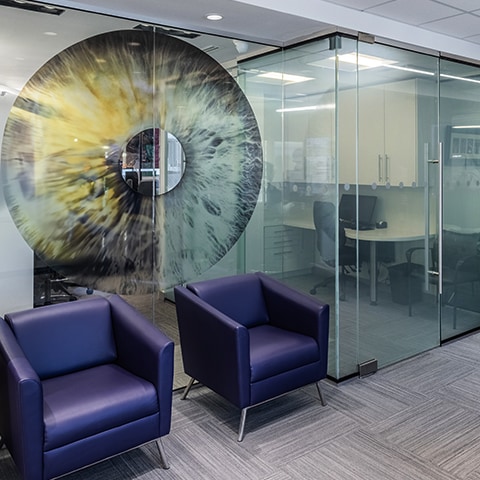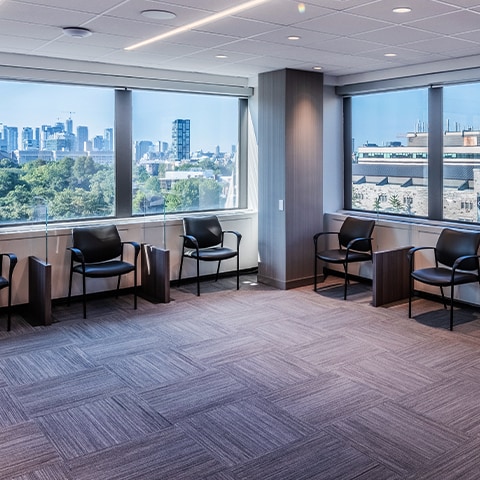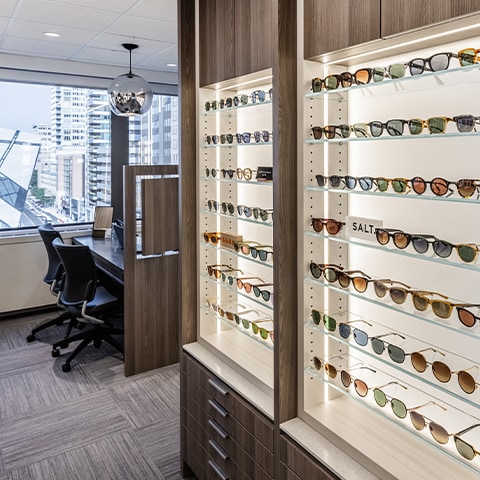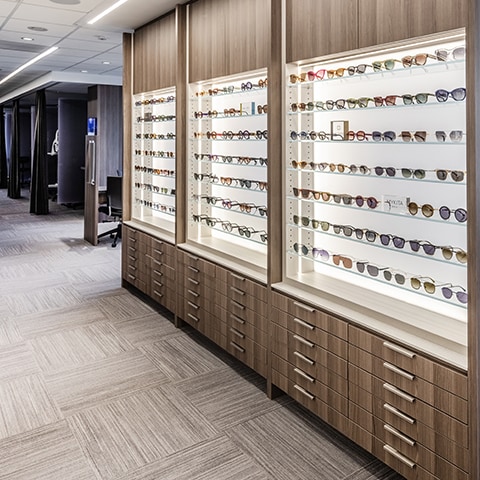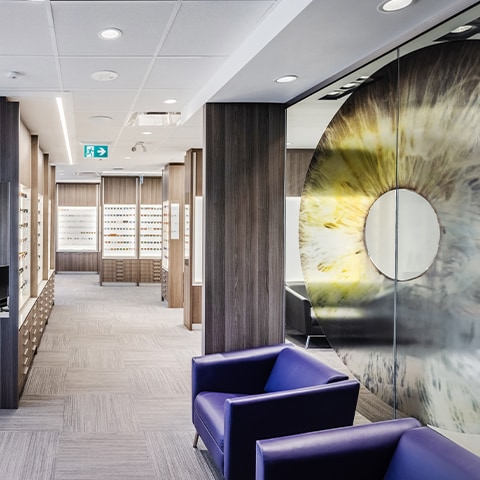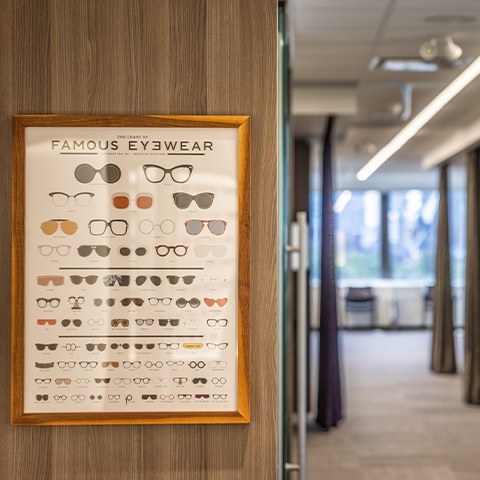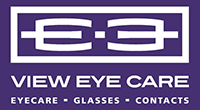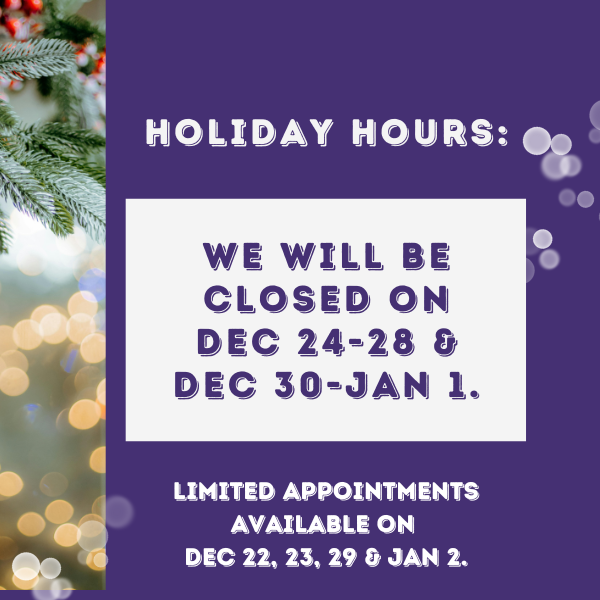
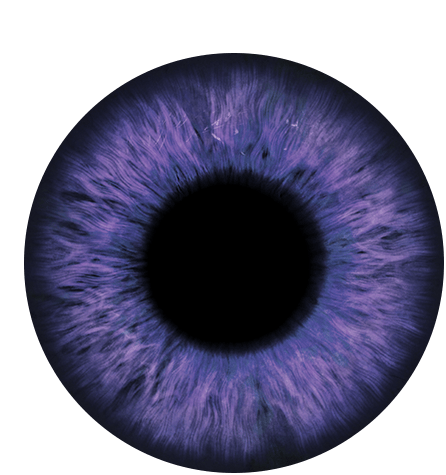
Where Dedicated Care Meets Passion
At View Eye Care, vision is our passion, and your well-being is our priority. Our team of passionate optometrists can find vision correction solutions that fit your lifestyle. From modern diagnostic and ocular imaging technologies, to forward-thinking treatments for dry eyes and other eyelid issues, we offer an array of services and treatment options.
Your View Eye Care experience will be delivered by a well-trained, efficient, & caring team in a comfortable, well-appointed environment.
Our well-curated and ever-refreshing optical gallery, containing the latest in independent eyewear, operates in harmony with the philosophy of View Eye Care’s medical and vision care division. We carry a unique collection of eyewear from international designers, mostly handmade. Our optical team is passionate about helping people discover their unique style while marrying their lenses to their vision needs.
Book Appointment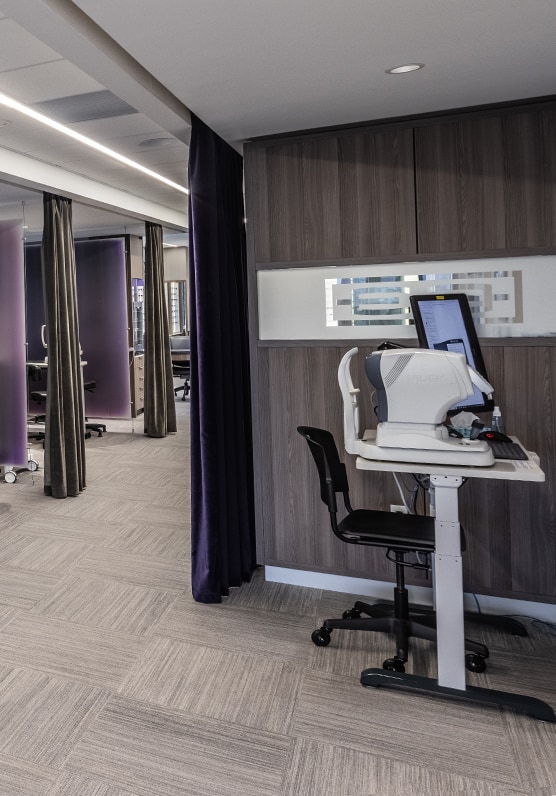
What Sets Us Apart
At View Eye Care we strive to elevate eye care into a pleasant, enjoyable experience. Forget the typical sterile medical setting. Instead, imagine:
- Warm Welcomes & Smiles: Friendly faces greet you from the start, setting a comfortable tone.
- Effortless Efficiency: Streamlined processes minimize wait times so you can get on with your day.
- Detailed Explanations: Our trained staff clarifies each test, empowering you to better understand your eye health.
Whether you’re looking for new eyewear options or want to learn more about eye comfort, eyelid health, and facial aesthetics, we have you covered. Schedule your appointment with us today to get started.
Our Location
We are located in Toronto’s Yorkville neighbourhood in the second building just east of Avenue Road. Look for the “151” sign on the building right above the doors, which may be easier to see from the North side of the street. The building’s “151” sign can be hard to spot from the south side—look directly across from Tiffany & Co.

Parking
Colonnade Garage (Currently under construction – parking here is very limited!):
Located on the south side of Bloor between Avenue Rd. and Bay St.
- Height limit: 5’8”
- Entrances:
- Off Bloor (west of St. Thomas St., before the crosswalk)
- Via St. Thomas St. → right on Sultan St. → garage entrance at end
Directions
- Driving west on Bloor: After Bay St., turn left on St. Thomas, right on Sultan.
- Driving east on Bloor: After passing our office, turn right on St. Thomas, right on Sultan.
- Missing the turn adds a long detour!
- Video directions for parking
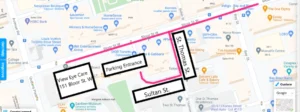
Notes
- License plates are scanned—pay at exit.
- Lot fills quickly; allow extra time.
- After parking, exit onto Bloor via the Colonnade; our building is a short walk west (turn left).
- Alternate parking:
- Manulife Centre, 44 Charles St. W (7-min walk)
- Yorkville Village, 55 Avenue Rd (5-min walk)
- No validation available through our office.
TTC Directions
Our office is within walking distance of Bay, St. George, and Museum stations.
- From Bay Station (Bloor Line): Video Directions
Exit Bay St., walk south to Bloor, then west toward Avenue Rd. Cross to the south side; entrance is a few doors east of Avenue Rd. - From Museum Station (Yonge-University Line): Video Directions
Walk north on Queen’s Park/Avenue Rd., turn right on Bloor (east). Our entrance is a few storefronts in. - From St. George Station (Yonge-University Line):
Exit to Bedford Rd., walk south to Bloor, turn left (east), cross to the south side, and continue past the ROM.
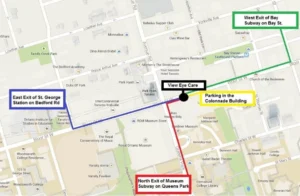
*We are closed on statutory holidays.
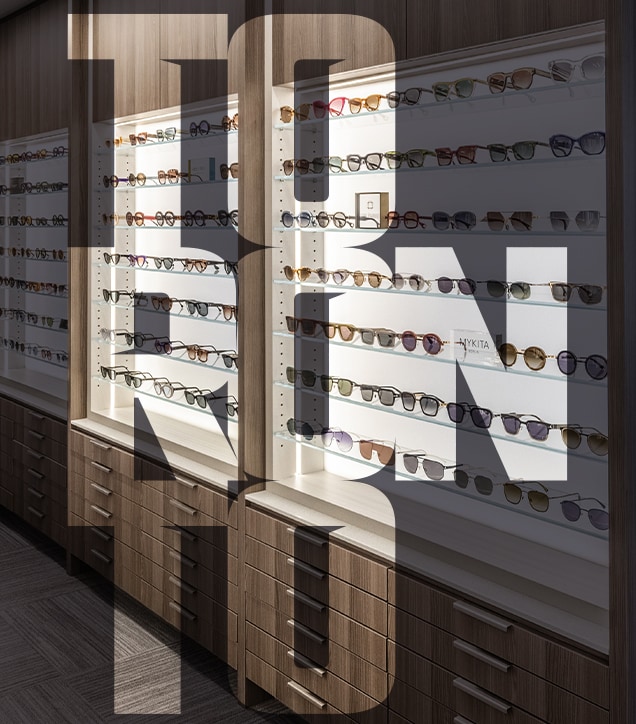
Our Address
- 151 Bloor St W, Suite 703
- Toronto, ON M5S 1S4
Contact Information
- Phone: 416-923-8439
- Email: appointments@vieweyecare.com
Hours of Operation
- Monday: 8:00 AM – 6:00 PM
- Tuesday: 8:00 AM – 6:00 PM
- Wednesday: 8:00 AM – 6:00 PM
- Thursday: 8:00 AM – 6:00 PM
- Friday: 8:00 AM – 4:00 PM
- Saturday: Closed
- Sunday: Closed
Our Services
Our Brands
